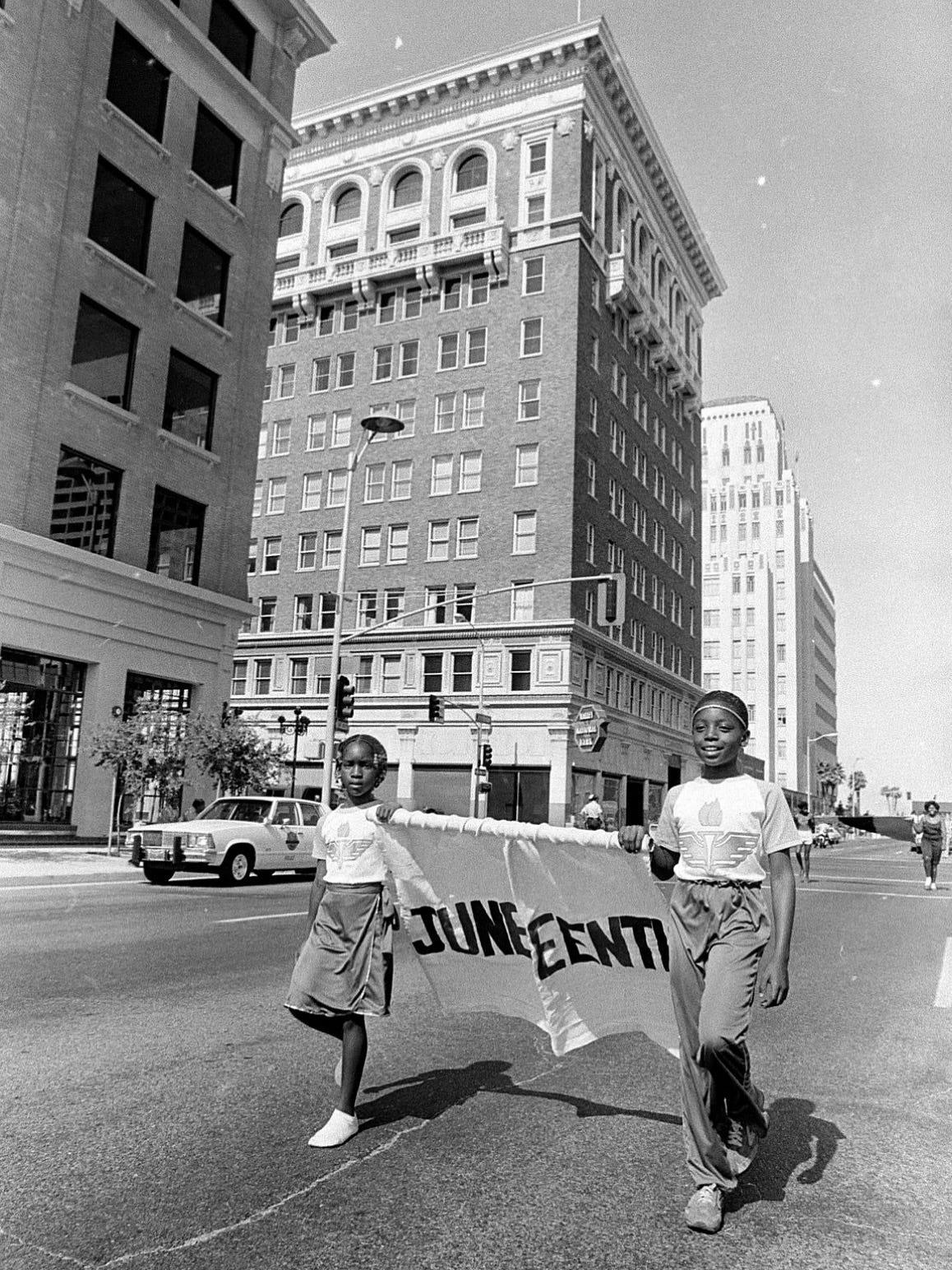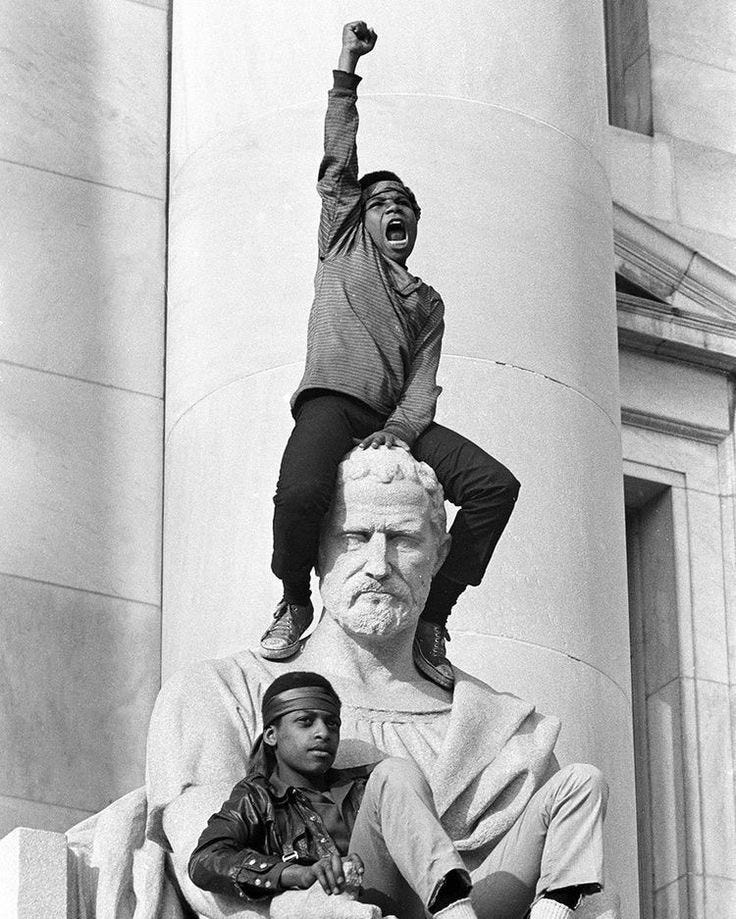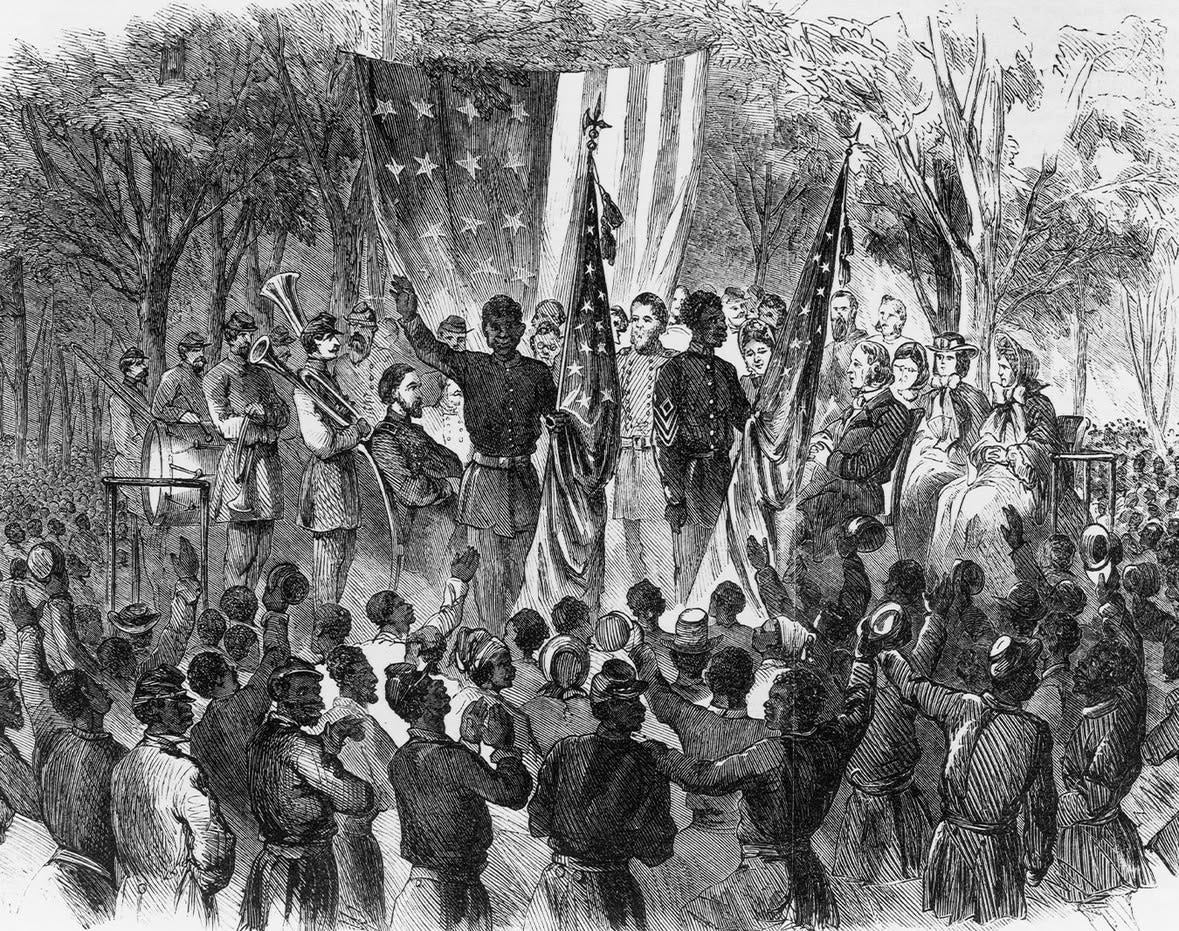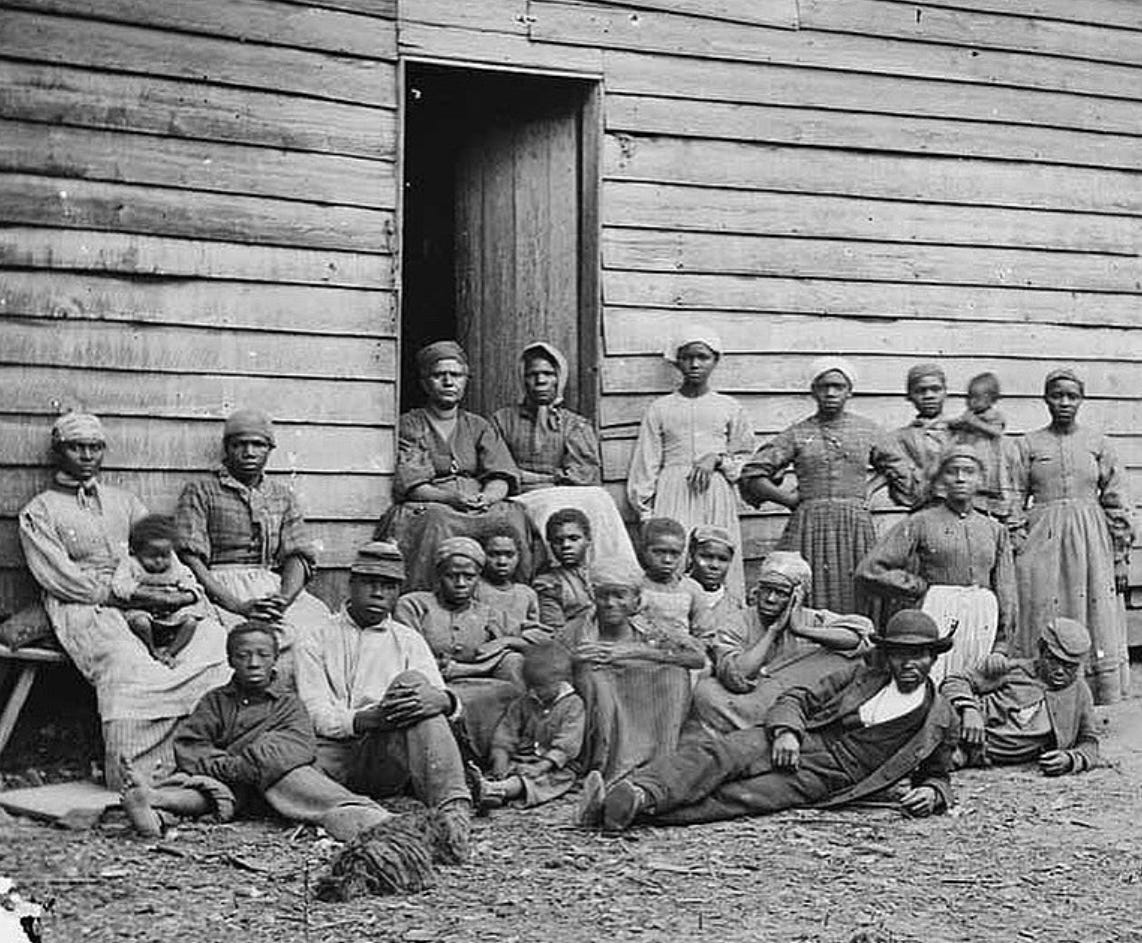Freedom does not arrive all at once, nor is everyone born with it. Sometimes, it drips through the cracks of broken systems, slowly soaking into the soil of a nation still learning how to live up to its own promises. Juneteenth is one of those truths that took its time. It is not simply a date, it is a delayed declaration, a scar, a celebration, and perhaps most of all, an echoing and overdue responsibility.
The History They Didn’t Teach You in School
On June 19, 1865, Union Major General Gordon Granger arrived in Galveston, Texas, with the news that enslaved Black people were free. This announcement came two and a half years after President Abraham Lincoln issued the Emancipation Proclamation. That delay wasn’t due to poor communication or a lack of telegrams, but bitter resistance. It was greed. It was white supremacy refusing to loosen its grip.
The Emancipation Proclamation, signed on January 1, 1863, had legally freed enslaved people in Confederate states. However in Texas, a remote frontier resistant to Union control, slavery unfortunately continued. Slaveholders knew the war was ending and greedily wanted one last harvest, one more season of stolen labor. So they lied, withheld, and hoped the Union would not reach them in time.
‘Juneteenth’, short for June Nineteenth, commemorates the day those inhumanely enslaved in Texas finally heard the words: “All slaves are free.” It became a potent symbol for the long, winding fight to freedom—one that still is not over.
Why Juneteenth Still Matters

Juneteenth is a day of joy, yes, but it’s also a mirror. It reflects how freedom in America has always been conditional and contested, especially for Black Americans. Even after slavery officially ended, systems of racial violence—Jim Crow laws, redlining, mass incarceration, voter suppression, underfunded schools—continued the cycle under new names.
To celebrate Juneteenth is to honor the ancestors who survived what should have broken them, what they did not deserve. It is to remember those who did not survive.. Uplifting Black joy, brilliance, and community. And it’s to commit, every year, to dismantling the systems that continue to steal Black futures and freedoms to this day.
How to Celebrate Juneteenth with Intention and Respect

Juneteenth is not a barbecue or a hashtag. It’s not an excuse for brands to paint their logos red, black, and green while ignoring the labor exploitation, performative activism and discrimination within their own walls and community. If you’re not Black, it’s not your time to center yourself nor to profit off of wounds that still bleed, but it is your opportunity and duty to listen, learn, and act. You cannot, and should not, commodify a history of suffering that you did not inherit. It is not yours to sell.
Here’s how to engage with Juneteenth in a way that honors its legacy:
1. Educate Yourself Beyond the Headlines
Start with reputable sources and firsthand accounts. Read books like “On Juneteenth” by Annette Gordon-Reed and “The Warmth of Other Suns” by Isabel Wilkerson. Watch documentaries like ‘Ava DuVernay’s 13th’. Visit digital archives such as the National Museum of African American History and Culture (https://nmaahc.si.edu/).
Knowledge is power, but only when it is actively applied and leads to change. Understand that the fight for Black liberation did not end in 1865. It evolved and continues to this day.
2. Support Black-Owned Businesses and Creators
Economics is freedom. Intentionally shopping from Black-owned brands, artists, restaurants, bookstores, and service providers is one simple and small way to rebalance an unjust economic system.
Don’t stop there, amplify their work. Share their stories. Invest, it is not just spending. Remember, a big corporation more than likely built on exploitation will not be impacted by your sale the way small businesses are. Big corporations will not smile, do a little jiggle nor thank you silently for helping them and their family get by.
3. Visit Black History Museums and Cultural Landmarks
Whether it’s the Legacy Museum in Montgomery, Alabama; the Charles H. Wright Museum in Detroit; The regal National Museum of African American History and Culture in Washington, D.C., or a local historical site, these places are more than educational, they are sacred. They hold stories too many tried disgustingly hard to erase. For those of our home base readers in Tallahassee, Florida, our local ‘Meek-Eaton Black Archives Research Center and Museum’ located on—445 Robert and Trudie Perkins Wy, Tallahassee, FL 32307—is a great place to start. An excerpt from their site reads—
"In 1971, the Florida Legislature mandated the creation of a repository to “serve the state by collecting and preserving source material on and about African Americans from ancient to present times.” This mandate gave birth to what would later become the Black Archives. Delve into our history, heritage and the visionaries who laid the foundation for the creation of the Meek-Eaton Black Archives Research Center and Museum.” https://www.famu.edu/academics/libraries/meek-eaton-black-archives-research-center-and-museum/index.php
If you can’t visit in person, many now offer virtual tours or curated online collections. These resources are more than available, it is an active choice to remain ignorant.
4. Reflect on Systemic Racism Today—Then Do Something About It
Juneteenth is not just about slavery, it is about the systems built after it to maintain grotesque racial hierarchies. Learn about housing discrimination, police misconduct and abuse, disparities in health care service and wealth, the school-to-prison pipeline, and so much more.
Then take action: donate to organizations working on racial justice, show up at local government meetings, push for curriculum changes in schools, or volunteer your time and skills.
5. Center and Celebrate Black Joy
Juneteenth is also a celebration of survival and resilience. Attend a local Juneteenth parade or festival. Support Black musicians, dancers, and artists.
Not Just a Holiday, but a Habit
Juneteenth is now a federal holiday, but that’s not the end of the work. Recognition means nothing without reparation. A day off without deeper accountability is just performative.
Let Juneteenth be more than once a year. Let it be a mindset, of learning, of honoring, of fighting, and of celebrating. Let it be a reminder that justice delayed is still justice denied. Let it call us and remind us that, each year, to work towards building a future where freedom is not a footnote, but a foundation of everyday life.
The story of Juneteenth did not end in Galveston.
It continues in every classroom that tells the truth,
Every protest that challenges silence,
Every child who is told they matter,
And in every hand that reaches across difference to say:
We remember. We see you. We’re still fighting. Together. Together is key. It is our duty as humans.
Juneteenth is not just about freedom deferred, it’s about freedom pursued. Let’s keep walking. Together.
Links & Resources:
Historical Context & Background
Books & Educational Resources
“On Juneteenth” by Annette Gordon-Reed (Penguin Random House)
“The Warmth of Other Suns” by Isabel Wilkerson (Penguin Random House)
Museums & Archives
National Museum of African American History and Culture – Juneteenth Collection
Charles H. Wright Museum of African American History (Detroit, MI)
Support Black-Owned Businesses
Racial Justice & Civic Action




